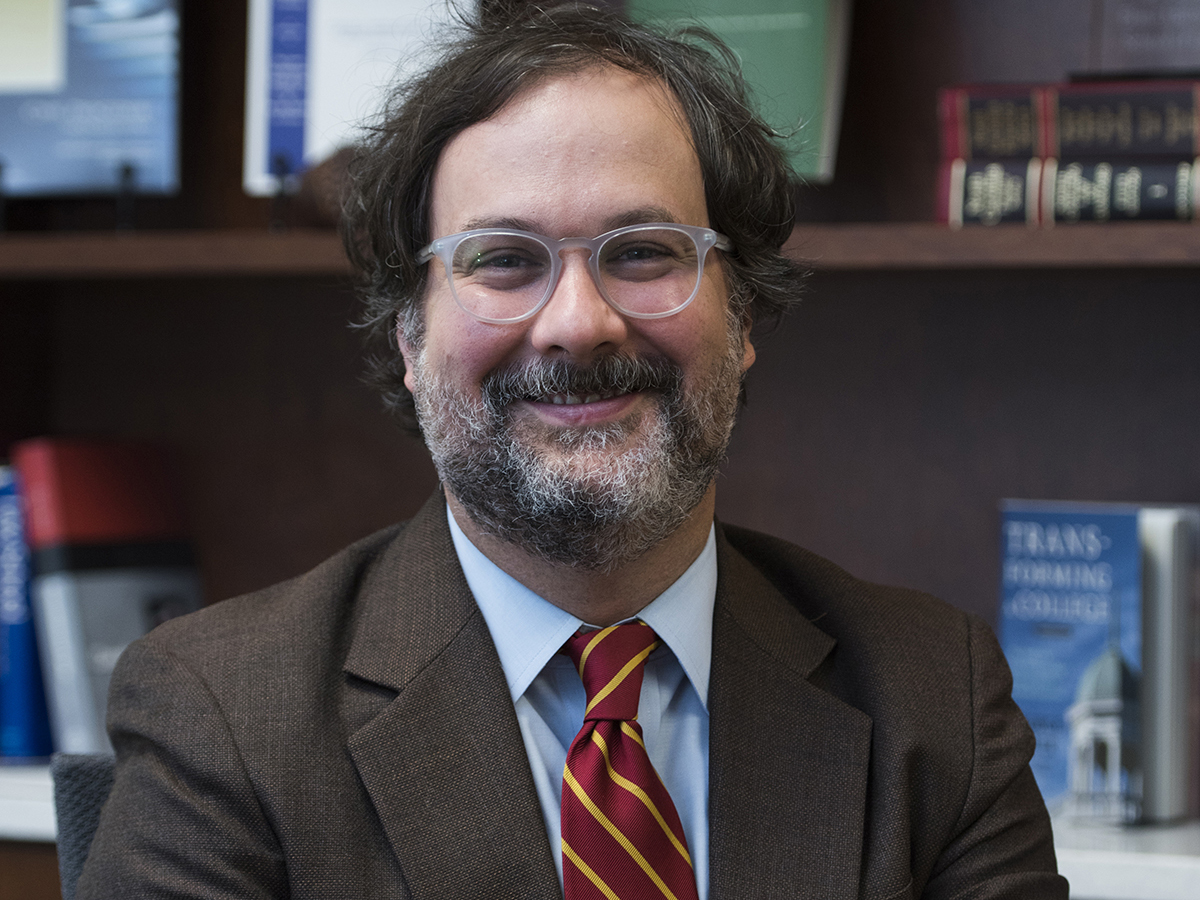Professor Enrique Armijo spoke with the newspaper for its coverage of a defamation trial against media mogul Alex Jones, who was sued after using his Infowars website to push a conspiracy theory that the Sandy Hook school shooting in 2012 was a government hoax.
An Elon Law scholar of the First Amendment analyzed the lasting impact of a defamation trial in Connecticut involving families of those killed in a 2012 school shooting who sued a prominent conspiracy theorist for his repeated claims that the tragedy was a hoax.
Professor Enrique Armijo was quoted in a story by reporters Erin Mulvaney and Jonathan Randles, who wrote about jury deliberations for damages in the civil trial against Infowars founder Alex Jones.
“Alex Jones Faces Connecticut Jury Weighing Damages to Sandy Hook Families” was published September 13, 2022.
From the story:
Enrique Armijo, a law professor at Elon University, said it isn’t known whether the verdicts could have such an impact, even if large damages awards result from each proceeding. The threat of legal liability could cause some commentators to take pause before spreading misinformation, but the trials could also enliven people to believe the theories, he said.
“There is only so much that the law of defamation can do to prevent that from happening,” Mr. Armijo said. Alex Jones ”would not have been able to amass the wealth and fame he did if there wasn’t a market for things he was saying.”
Armijo is a Fellow at George Washington University’s Institute for Data, Democracy & Politics, and an Affiliate Fellow of the Yale Law School Information Society Project and the University of North Carolina-Chapel Hill’s Center for Information, Technology, and Public Life.
He teaches and researches in the areas of the First Amendment, constitutional law, torts, administrative law, media and internet law, and international freedom of expression. His scholarship addresses the interaction between new technologies and free speech.



